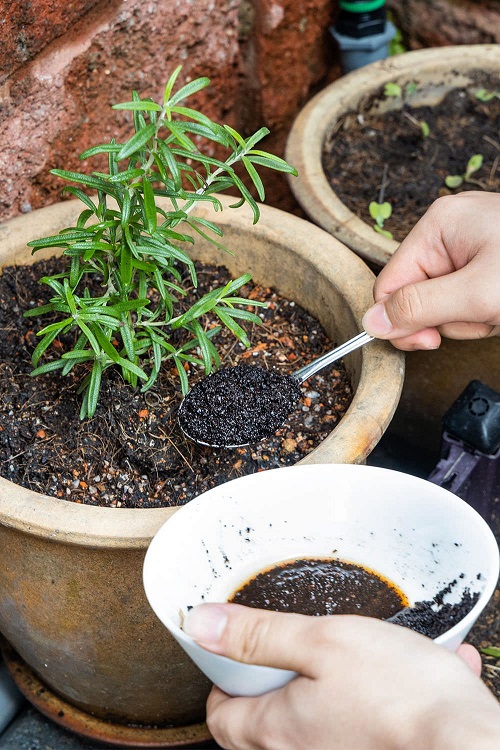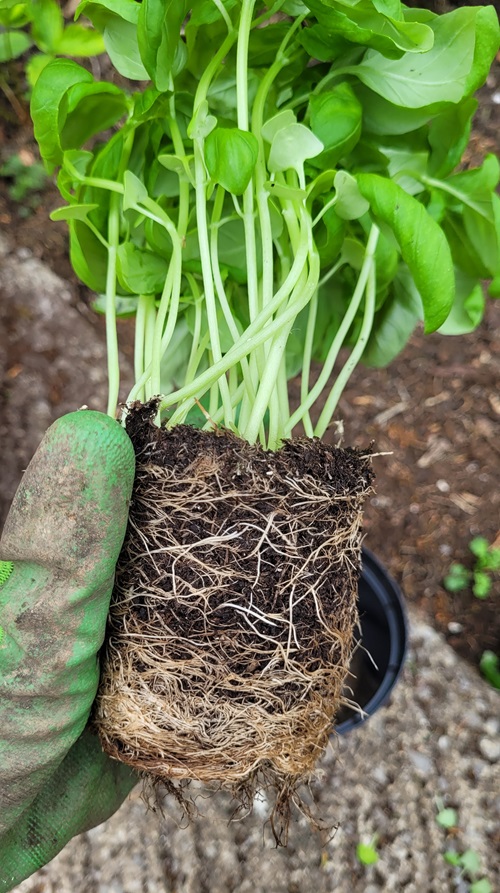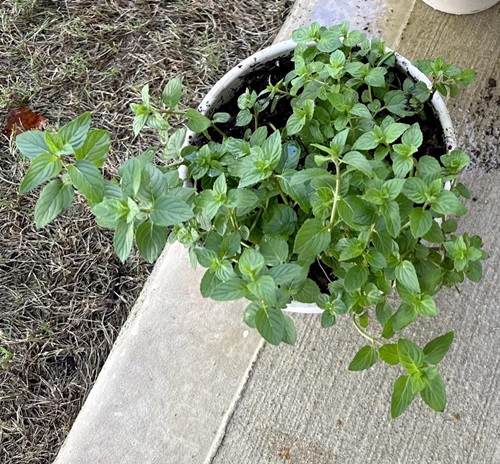Discover four reasons Why You Should Never Fertilize Your Herbs like other plants; instead, treat them just the way you fertilize succulents.
Overfeeding your herbs with fertilizers has many drawbacks, so it is important to reduce fertilizing. If you ask why—we’ve explained everything below. Read on to learn why it’s better not to feed herbs very often and what you should do instead!
Why You Should Never Fertilize Your Herbs
1. Ruins Fragrance and Flavor
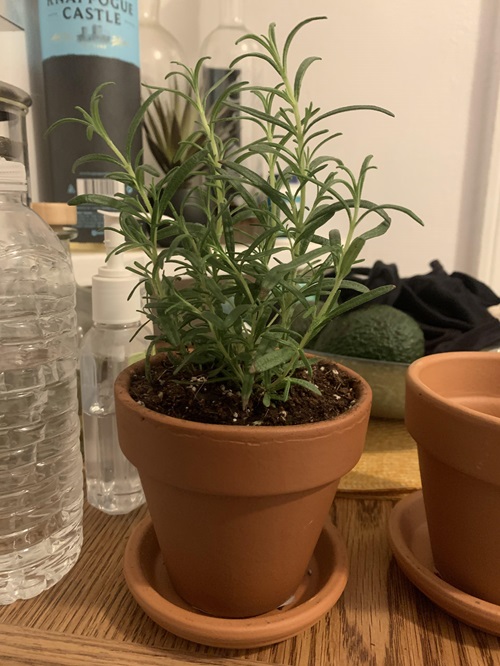
You may be tempted to fertilize your herbs, thinking it will lead to a lush, flavorful harvest. But hold up! Fertilizers can fully ruin the taste and aroma of herbs. Thyme, Oregano, Sage, Lavender, Lemongrass, and Rosemary are particularly sensitive to over-fertilization.
Fertilizers are rich in nitrogen. Too much of this nutrient will force your herbs to focus on growing abundant foliage growth at the cost of aromatic oils. This oil is what gives herbs their signature flavors and scents, and if you impair that, you’ll end up with a bland and insipid herb garden with a harvest that is never tasteful. If you wish to grow the most fragrant herbs, follow some other tips shared here!
2. Overfeeding Leads to Pest Infestations
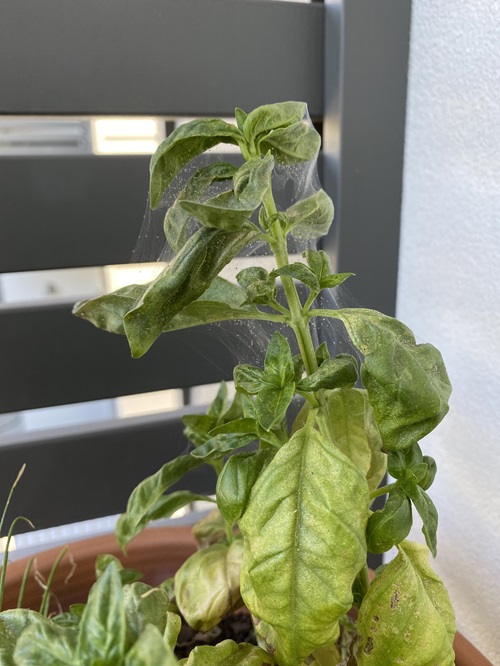
Believe it or not, overfeeding your herbs can actually make them a tasty target for pests! When you shower your plants with too much fertilizer—again, nitrogen—you’re luring in hungry bugs that feed on the resulting abundant foliage. This weekens plant’s resistance as well!
It also fuels extra rapid, unexpected growth, weakening the plant and making it prone to critter attacks. Basil, cilantro, and mint are some of the herbs that are particularly prone to this problem.
If you find aphids, spider mites, or white flies feasting on your herbs, it’s a clear sign to pull back on plant feed!
3. It Can Burn or Desiccate the Roots
Overfeeding your herbs with chemicals is like drowning them in salt water. When you pile on the fertilizer, it leaves behind a build-up of salts in the soil, which damages your herb’s delicate roots. Salt sucks the moisture right out of the roots, leaving them dry and crispy.
Called root burn, root burn causes your herbs to be unable to absorb nutrients and plants end up puny and unhappy. Look for leaves with crispy brown edges or droopy plants after fertilization, might be signs of root burn.
4. Leads to Stunted Growth
Most herbs are self-sufficient and can take care of themselves. Take thyme, rosemary, and oregano, for example. These aromatic powerhouses hail from the Mediterranean, where they’ve evolved to thrive in tough conditions with minimal nutrients.
While herbs may appreciate a treat once in a while, in the long term, fertilizers will throw them off their natural rhythm and may lead to stunted or distorted growth.
How to Nourish Herbs the Right Way
Now that you have learned why you should never fertilize your herbs with strong, chemical fertilizers, you must know how much, when, what, and how to feed it.
When growing herbs in a garden on the ground, choose natural, gentle feed like a well-rotted cow or chicken manure to enhance the soil before planting. Apply a thin layer of manure into the top few inches of soil to slowly release essential nutrients that sustain your herbs through its growing season.
Another good option is compost or worm castings. It improves soil structure, helps retain moisture, and offers a steady supply of plant food. Also, remember to mulch to preserve nutrients and deter weeds.
Potted herbs have different needs. Their confined living space means their soil can quickly deplete. A diluted half-strength liquid fertilizer every 3-4 weeks during its growing season. Check out this mild coffee tea recipe to feed your herbs occasionally.
Compost tea is another gentle and effective way to feed potted herbs. To make compost tea, steep a small bag of compost in water for 24-48 hours, then use the liquid to water your plants.
And remember, it’s always better to underfeed than overfeed your herbs! Let us know how these tips worked for your herb garden via the comments below!


